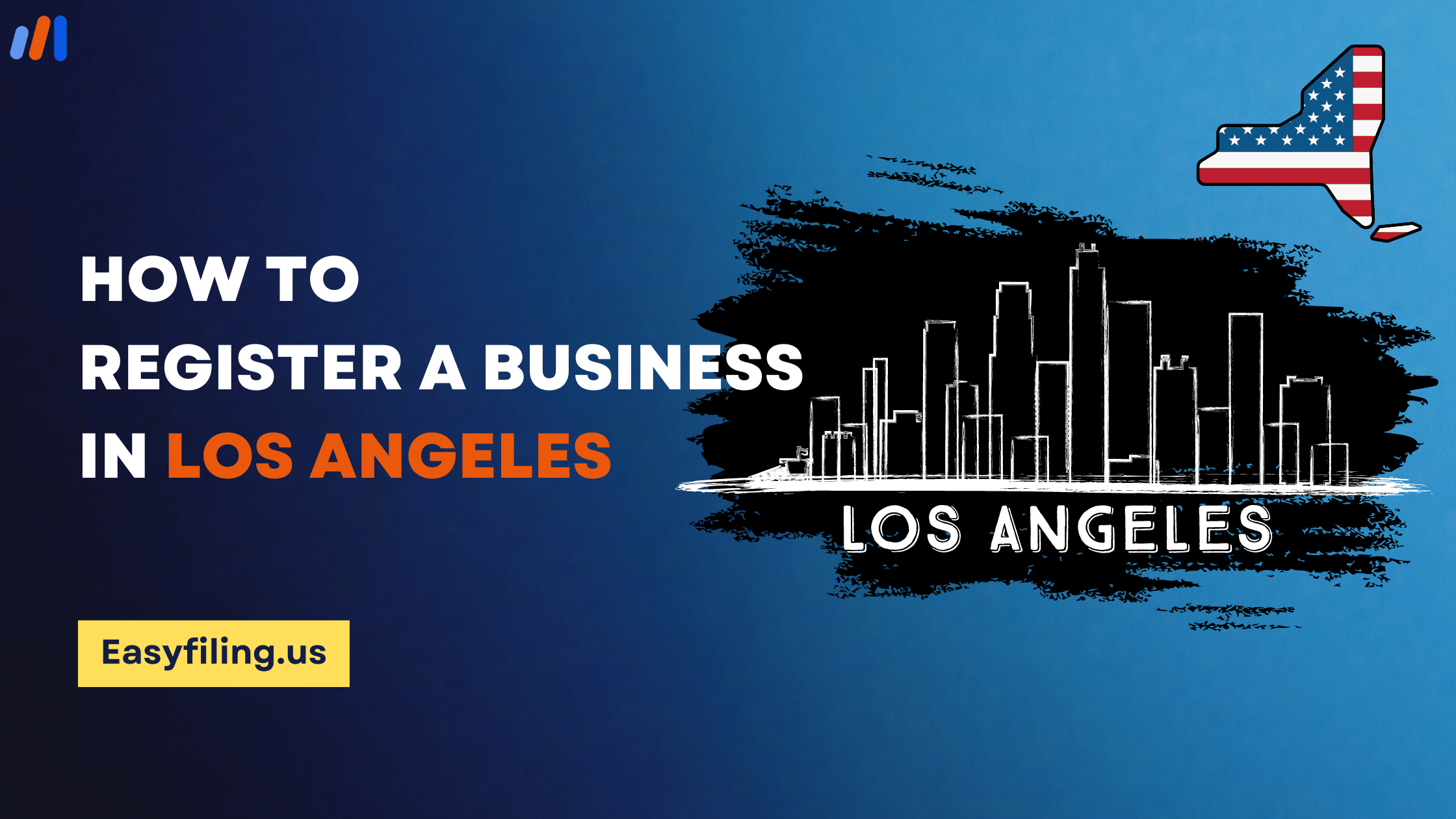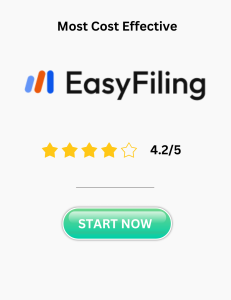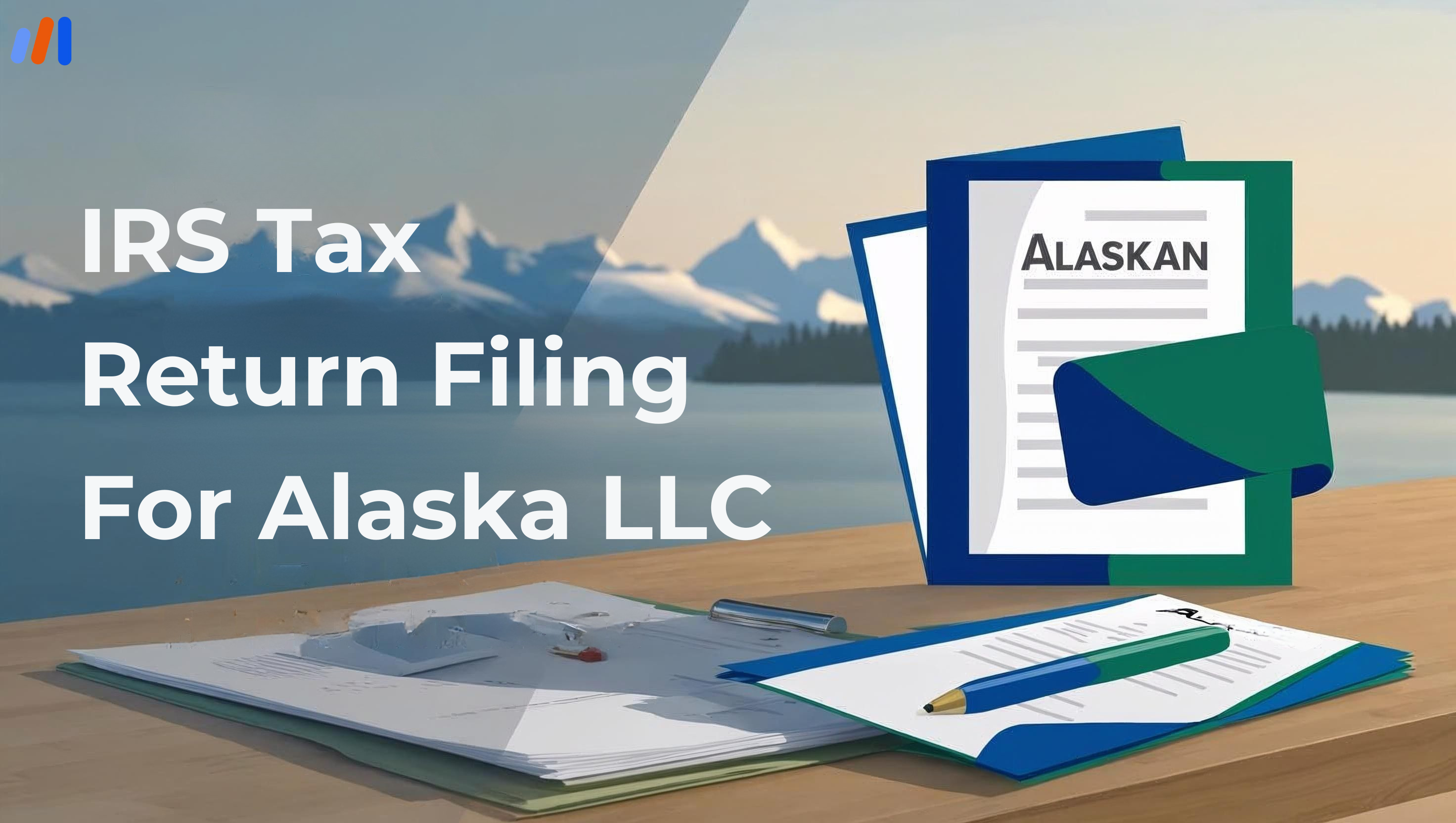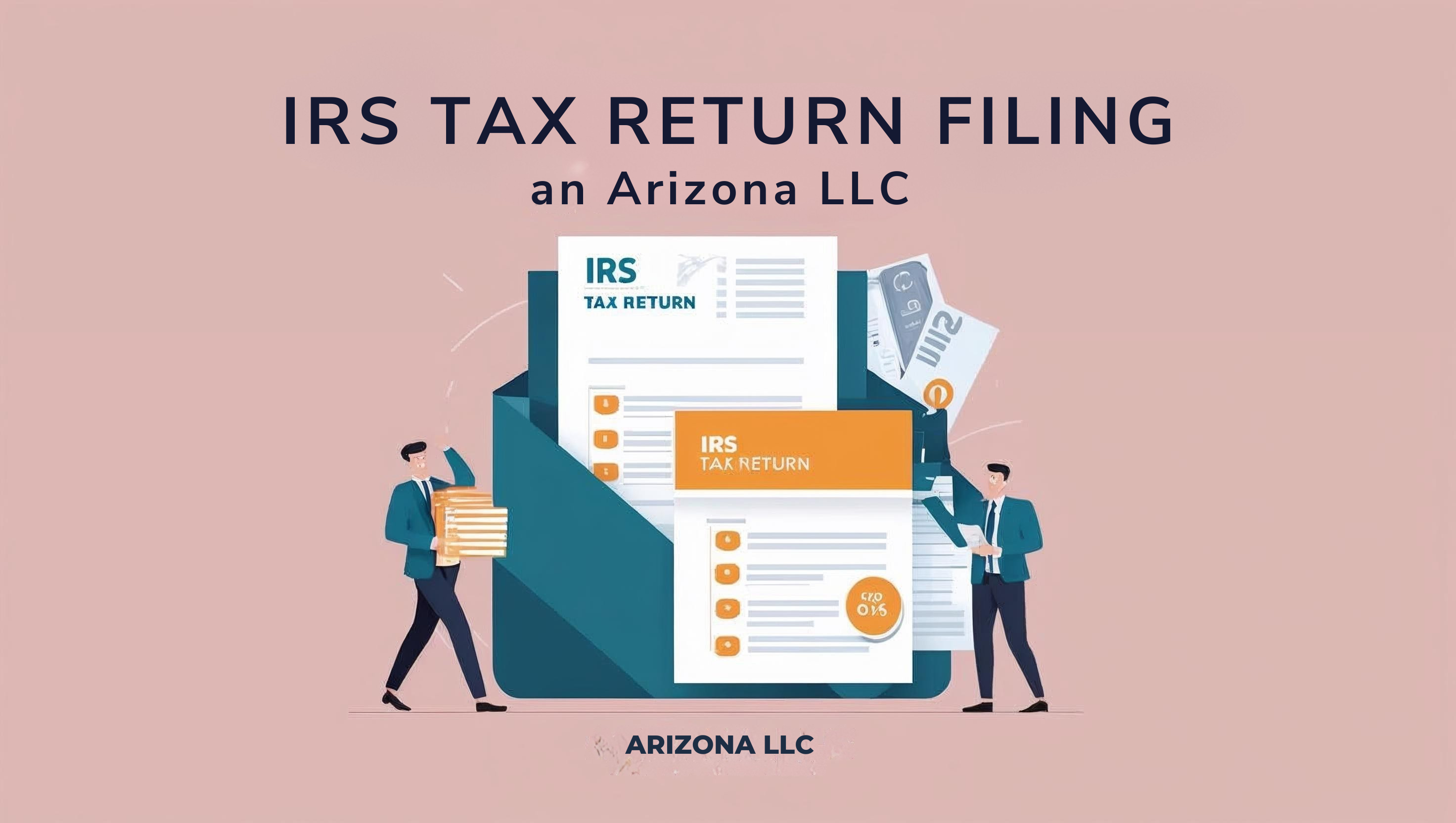Starting a business in Los Angeles can be daunting, but with proper guidance and a good understanding of how to go about it, you will find it easy to have your venture set up paving the way for future accomplishments.
One must familiarize themselves with the local business environment including relevant rules and regulations that may apply in their industry. This knowledge will make it easier for you to navigate through the registration process.
Registration Documents for Businesses in Los Angeles
Meanwhile, specific documents must be handed over when registering a company in LA depending on its structural form. The chart below gives an idea of what documents are needed when registering an LLC, Corporation, and Sole Proprietorship.
Limited Liability Company (LLC)
Articles of Organization (Form LLC-1): These should be filed directly with the California Secretary of State including details like the name of your LLC as well as its office address while also providing an agent for service of process supplier.
Operating Agreement: It is not required but recommended since this document contains how the management is structured and includes operating procedures.
Statement of Information (Form LLC-12): This must be submitted within 90 days from the date the Articles were submitted providing names of officers or directors if any for a corporation.
Employer Identification Number (EIN): You need it from the IRS to pay taxes accordingly.
Corporation
Articles of Incorporation (Form ARTS-GS): To establish a corporation file this document with the California Secretary Of State.
Corporate Bylaws: They do not need submission to the state however they outline how governance takes place internally in the corporation.
Statement of Information (Form SI-550): If incorporation was done within 90 days ago then on this form there would appear information concerning corporate officers/directors together with any service agent appointed by the company.
Minutes of the Organizational Meeting: This document is what happened during the first-ever meeting between incorporators and directors.
Employer Identification Number (EIN): To get this one from IRS you will require it in case you employ staff for your business.
Sole Proprietorship
Fictitious Business Name (FBN) Statement: If you use a name other than your own, file this with the Los Angeles County Clerk.
Business Tax Registration Certificate: Acquire this from the City of Los Angeles to comply with local tax payment procedures.
Employer Identification Number (EIN): About the IRS again, note that if you intend to hire workers, then be sure these are provided for by law.
Steps to Register a Business in Los Angeles
Step 1: Choose Your Business Structure
Before going deep into the registration process, it is important to decide on a legal structure for your business. The decision will greatly impact on various aspects such as liability, taxation, and record-keeping requirements. Knowing about each type can help make an informed decision.
Corporation
Pros: Personal assets have limited liability; stock sale makes it easier to raise capital; new owners or management of the corporation do not affect its existence as a continuing concern for operation purposes only
Cons: Additionally, compliance with more rules/regulations and the possibility of being double taxed for corporate revenue generation should be considered by a corporation owner because these cons often discourage people from starting their businesses under such structures.
Ideal if you plan to go public, attract large investments, or have multiple shareholders involved in the business.
LLC (Limited Liability Company)
Pros: Corporate tax treatment without double taxation; pass-through profits/losses with no need to file corporate tax returns; relatively fewer record-keeping obligations compared to corporations
Cons: Risk exposure due to self-employment tax application and state-based variations in regulations which can present challenges related to compliance complexity.
Recommended for medium-high-risk companies where personal asset protection is as important as operational flexibility.
Sole-Proprietorship
Pros: The initial business formation is simple and inexpensive, you can make all the decisions concerning your company independently, and taxes are quite straightforward given that the business profit is reported on personal tax returns.
Cons: You might have personal liability for debts of the business, which means anything you own could be seized and it may also be difficult to raise money because you will mainly depend on personal savings or loans.
Suitable for businesses that operate at low-risk levels and persons who like to test new ideas or services before expanding their production capacities.
Step 2: Choose a Business Name
When you name your business, you are taking an important step in building your brand. This means that the title should be unique to your company and meet the requirements for naming in California. So it is necessary to conduct a thorough name search to check availability.
For Corporations and LLCs, contact the California Secretary of State to find out if someone else has already used your preferred name.
For Sole Proprietorships, check with the Los Angeles County Registrar who may want to check domain availability if planning on creating an online presence.
Step 3: Register Your Business
Corporation
To set up a corporate structure, file Articles of Incorporation with the California Secretary of State.
Have Corporate Bylaws drawn stating how the management will be run, who will serve as officers, and what must follow when meeting together.
Directors should be appointed and a first board meeting should be held to ensure good governance and decision-making processes.
You will need to obtain an Employer Identification Number (EIN) from IRS if you are going to pay taxes or hire employees.
LLC
Like corporations, file Articles of Organization with the California Secretary of State although they have fewer demands.
An LLC Operating Agreement can also be established outlining member roles, responsibilities, or dispute resolution mechanisms in order not to have such conflicts in the future.
Essential for tax filing purposes and employee management is obtaining an EIN from the IRS (Internal Revenue Services).
Sole Proprietorship
If you intend to operate under a name that is not legally yours, then file a Fictitious Business Name (FBN) Statement with the Los Angeles County Registrar’s Office.
In case you plan on hiring any personnel thereby calling for payroll processing alongside taxation obligations ensure that EIN has been obtained as per legal requirements by the Internal Revenue Service (IRS)
Step 4: Obtain Necessary Licenses and Permits
Understanding the licensing & permitting landscape is important as it ensures your business is legally operational:
If you are going to be in business with the City of Los Angeles then make sure to apply for a general business license as most businesses do through the Office of Finance.
To ensure that local zoning laws are met, check with the Los Angeles Department of Building and Safety on zoning permits for your business location.
Depending on what sector you’re in such as the food service industry, health care, or construction ensure that you have other necessary permits and licenses that allow your operations to be carried out legally.
Step 5: Understand Employer Responsibilities
For those aspiring to engage new employees it is highly important to closely look at federal and state-level regulations governing workers’ rights:
Unemployment insurance as well as payroll tax purposes should see California EDD (Employment Development Department) hence registration is crucial.
As an employer, knowing which requirements should be adhered to by observing safety standards established within workplaces including wage and hour provisions guarantees fair practices towards staff members as well as sustains corporate interests intact.
Step 6: Stay Compliant
Your company’s longevity and health depend on keeping up with ongoing state and federal mandates:
Keep filing annual reports and paying the required fees so that your business doesn’t fall out of line coming State regulatory bodies.
To avoid penalties therefore smooth running operation keep accurate financial records plus ensure timely submission of tax returns.
Tax advantages of registering a firm in Los Angeles
Starting a business in Los Angeles is not simply about tapping into the dynamic market but has also many tax benefits that can support your financial health and growth. Here is what you need to know:
1. Reduced Corporate Tax Budgets
Los Angeles companies benefit from California’s corporate tax incentives, which are aimed at attracting and retaining companies. The state operates on a flat rate for corporate tax, something that can be more advantageous than tiered systems elsewhere.
2. Tax Credits for Pioneering
If your business invests in research and development (R&D), you could qualify for significant tax credits. This R&D credit granted by California aims to promote innovation and technological advancement hence it becomes highly useful, especially to tech start-ups as well as enterprises in innovative fields.
3. Business Expense Deduction
Like many other places, Los Angeles allows businesses to deduct ordinary and necessary expenses related to running their business. It means that you can take off items such as rent, utilities, and payrolls among other costs of marketing outgoings which makes you pay less income taxes generally.
4. Tricky Net Operating Loss Carryforward
This is important in Los Angeles because startups might make losses in their first few years of operation which they can claim against future earnings to reduce the tax burden.
5. Incentives for Enterprise Zone Taxes
Some parts of Los Angeles have been marked as enterprise zones to enhance economic development by offering additional benefits through tax breaks. Hiring credits, and sales tax credits, amongst others, are available to businesses located within these regions.

Conclusion
Starting a business in Los Angeles requires careful planning, dedication, and compliance with legal requirements. If you follow these steps, you will be well on your way to launching a successful business and achieving your entrepreneurial dreams. A business attorney or accountant can provide more detailed guidance specific to your needs and give insights on other aspects of business registration and operation among others for better results.
File Your LLC Today
25$ off with a coupon
Lock in EasyFiling's transparent rates and get lifetime compliance support at no extra cost.
Get Started Now









